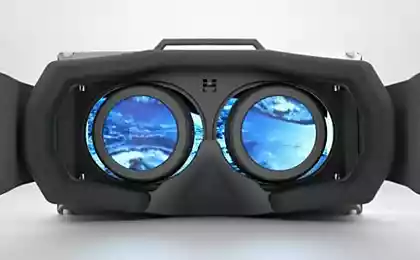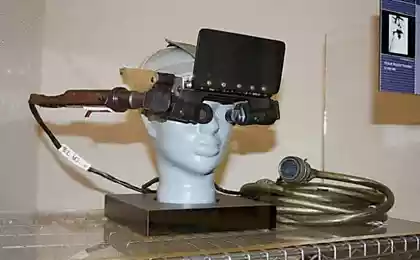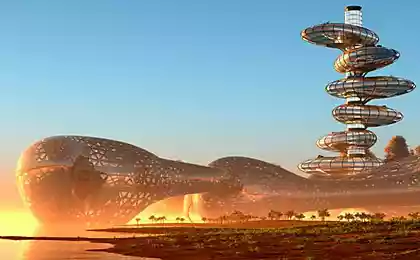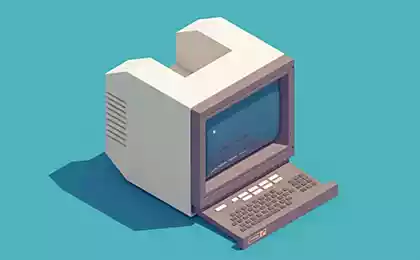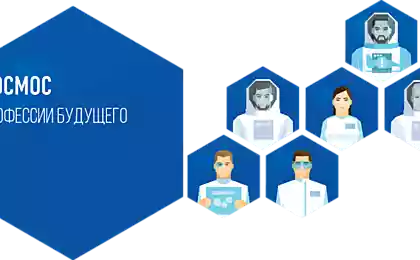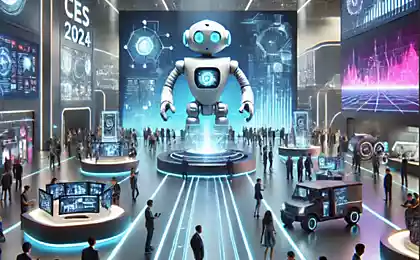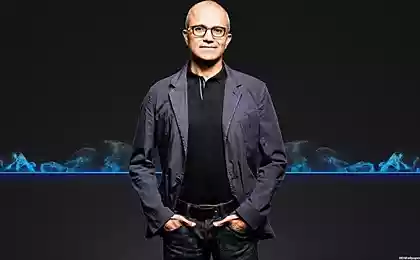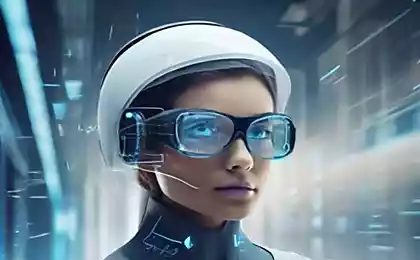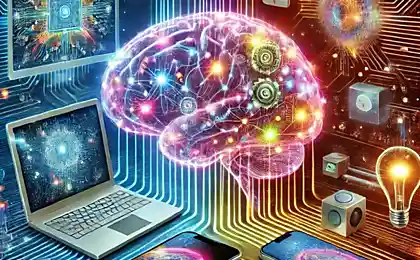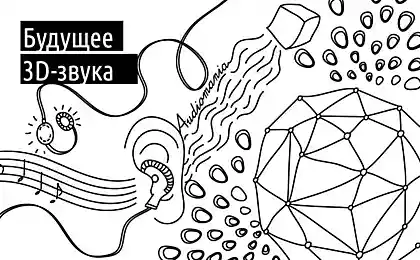115
New professions that are emerging right now

New professions that are emerging right now
Big changes are hard to predict and impossible to avoid—some see them as a threat when others see a chance. The world of professions is changing at breakneck speed, and what seemed like science fiction a decade ago is now becoming the daily reality of millions of professionals around the world.
The digital revolution: the professions of the virtual world
Alex Rodriguez from Madrid earns 120,000 euros a year designing virtual worlds for corporations. His official position is the architect of the metaverse. Five years ago, this profession did not exist, and today the demand for such specialists is growing by 340% annually.
According to LinkedIn, over the past three years, the number of vacancies in the field of virtual and augmented reality has increased 8 times
Digital Immortality Manager
These specialists help to create digital copies of the identity of deceased people for their families. Using machine learning and digital footprint analysis, they recreate a person’s speech patterns, habits, and reactions. Average salary: $85,000 to $150,000 per year.
An Ethical Hacker for AI
Specialists who test artificial intelligence systems for bias, vulnerabilities, and ethical issues. They help companies build fairer and safer AI systems.

The Biotechnology Wave: When Science Meets Life
Dr. Sarah Kimbell works as a genetic consultant for pets. Its clients are dog and cat owners who want to learn about their pets’ predisposition to diseases and choose the optimal diet based on DNA analysis. This niche appeared only three years ago and has already brought the industry more than $ 2 billion.
Personal genetic trainer
These specialists analyze the genetic code of a person and create individual training programs that take into account the predisposition to various types of exertion, the speed of muscle recovery and the optimal time for physical activity. A revolution in the fitness industry that makes workouts truly personalized.
Organ-growing specialist
Bioengineers who use 3D printing and stem cells to create human organs The first commercial clinics have opened in Japan and Switzerland. Average salary: from $200,000 per year.
Environmental professions: saviors of the planet
Climate change has created an army of new professionals. Martin Liu from Singapore is one of the first certified carbon footprint consultants for individuals. It helps families calculate their environmental impact and develop a plan to achieve carbon neutrality.
In ten years, every family will have a personal eco-consultant, just as we have family doctors today.

Designer of vertical farms
Specialists who design multi-storey agricultural complexes in cities. They combine knowledge of architecture, agronomy and engineering to create sustainable food production systems in urban settings.
Plastic hunter in the ocean
These specialists develop and implement technologies for cleaning the world’s oceans from plastic waste. They work with autonomous robots, special vessels and biodegradable organisms.
Practical recommendations: how to enter the profession of the future
Strategy of transition to a new profession
Stage 1: Identify an area that really fascinates you. New professions require high motivation and readiness for continuous learning.
Stage 2: Learn related skills. Most professions of the future are at the intersection of several disciplines.
Stage 3: Start with projects as a freelancer or volunteer. This will help you get the first experience and understand the specifics of the work.
Stage 4: Find a mentor or join a professional community in your chosen field.
Top 5 skills for the professions of the future
1. Critical Thinking and Data Analysis Ability to process large amounts of information and make reasonable conclusions.
2. Emotional intelligence The ability to understand and manage emotions is especially important when working with AI and humans.
3. Adaptability willingness to quickly master new technologies and change approaches to work.
4. Interdisciplinary thinking The ability to see connections between different fields of knowledge.
5. Digital literacy Understanding the principles of modern technologies.
Conclusion: time to act
The trade revolution has already begun. Every month there are dozens of new specialties that we did not even know about. Those who can adapt to change and master the skills of the future will gain significant advantages in the job market.
Remember, most jobs that will be in demand in 10 years do not exist today. But this is not a cause for panic – it is a cause for action. Start learning new technologies, develop interdisciplinary skills, and be prepared for change. The future belongs to those who are willing to create it.
Glossary
Metaverse
A virtual space where people can interact through digital avatars, work, entertain and socialize.
Machine learning
A branch of artificial intelligence where computer systems automatically improve their performance through experience without explicit programming.
Carbon neutrality
The balance between carbon dioxide emissions and its absorption or compensation, in which net emissions are zero.
Bioengineering
Apply engineering principles to biological systems to create new materials, organs, or organisms.
Vertical farms
Multilevel agricultural systems housed in buildings that use a controlled environment to grow plants.
Digital footprint
The set of data that a person leaves on the Internet: search queries, social networks, online purchases and other digital activity.
4 Things to Think About When You Don’t Have Enough
7 stories of people who showed incredible strength of body and spirit
